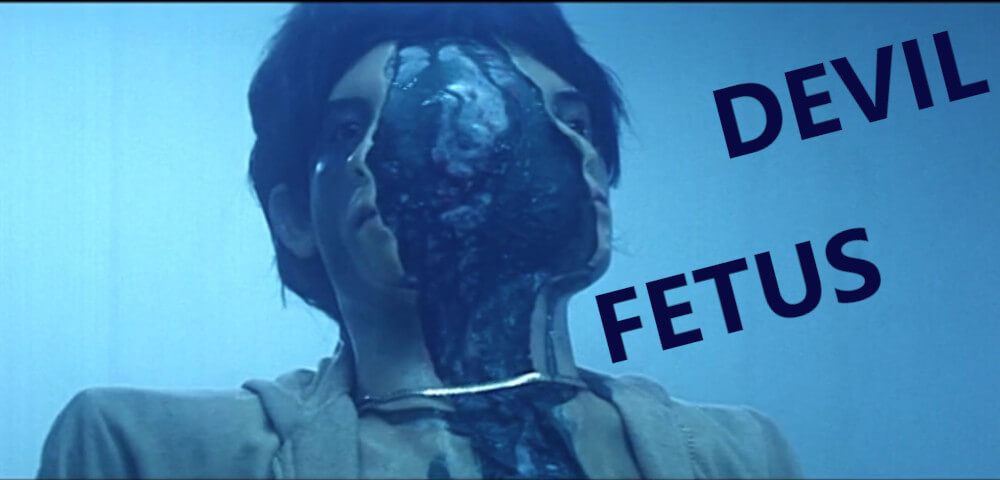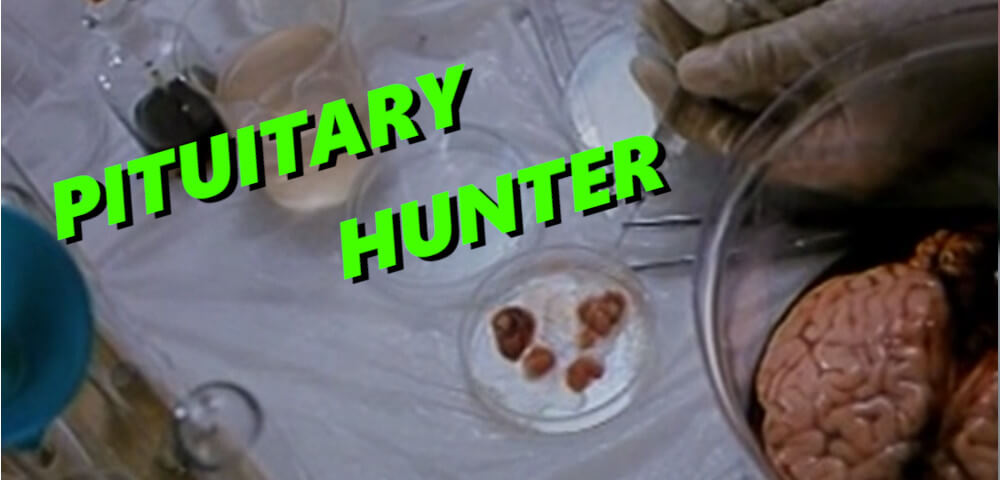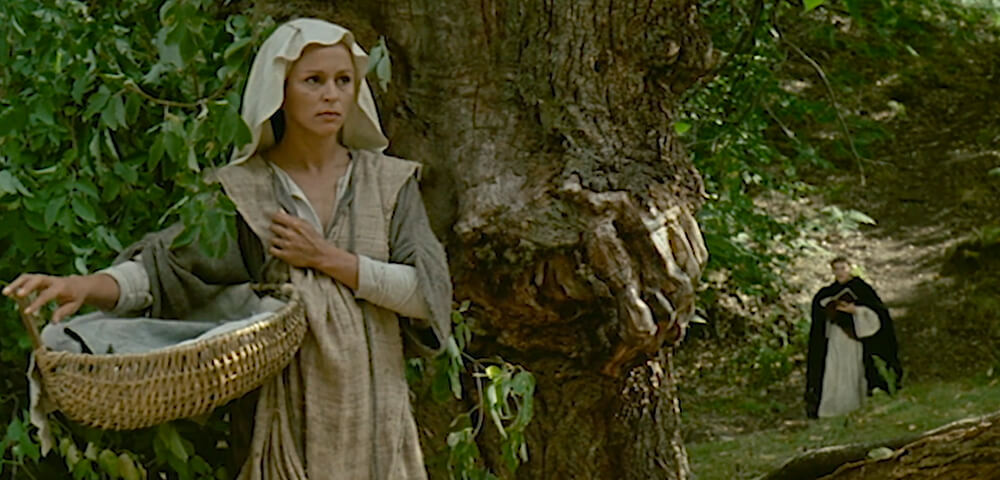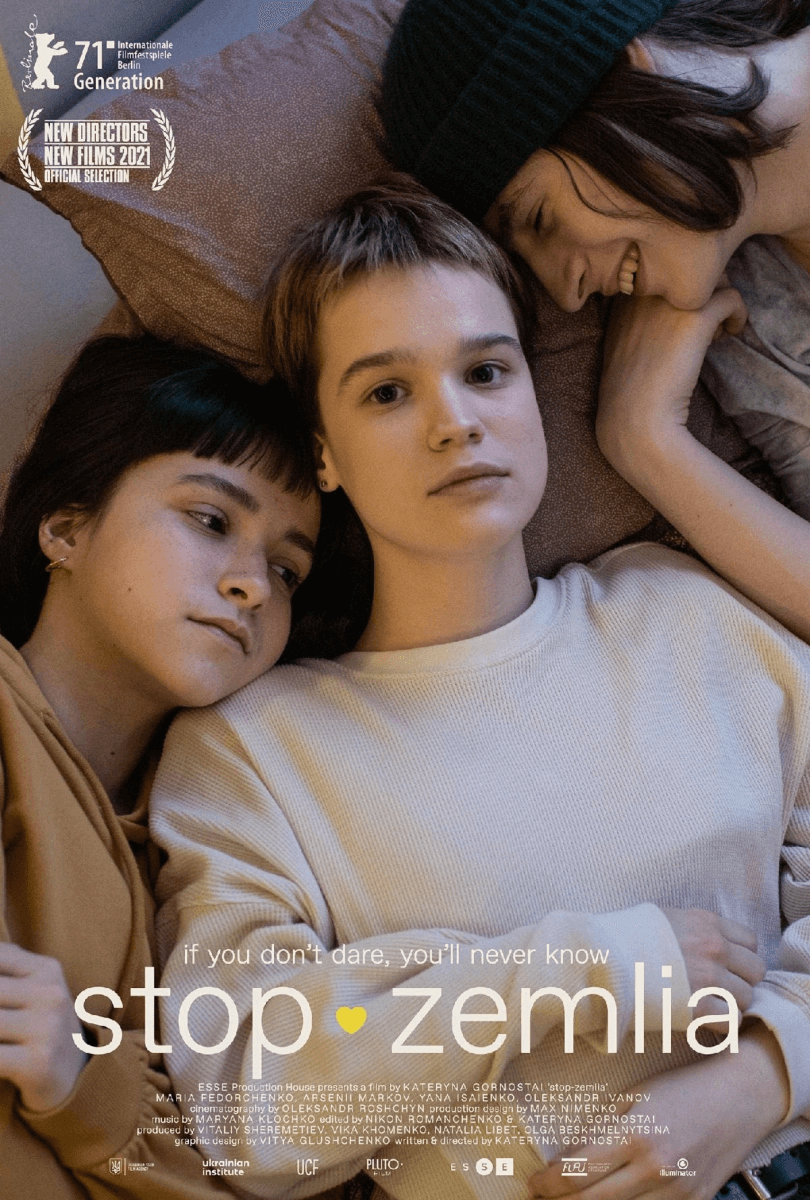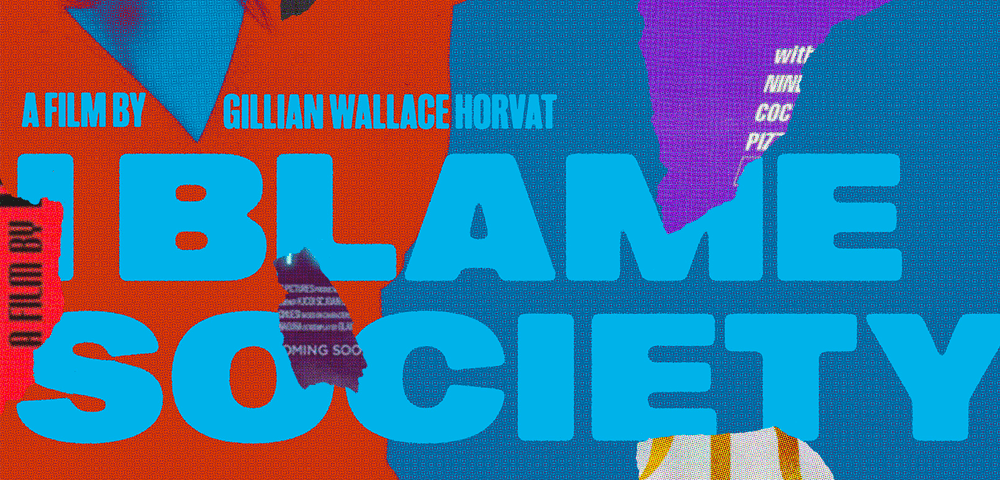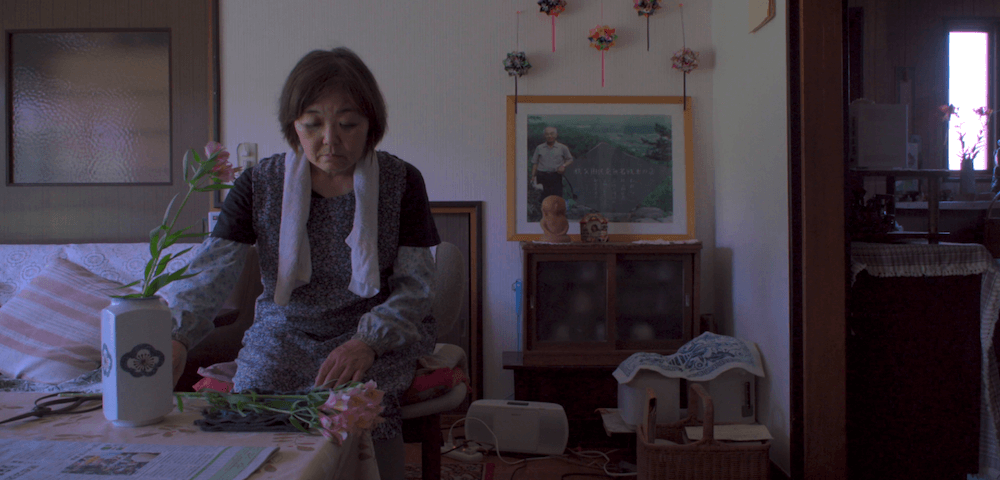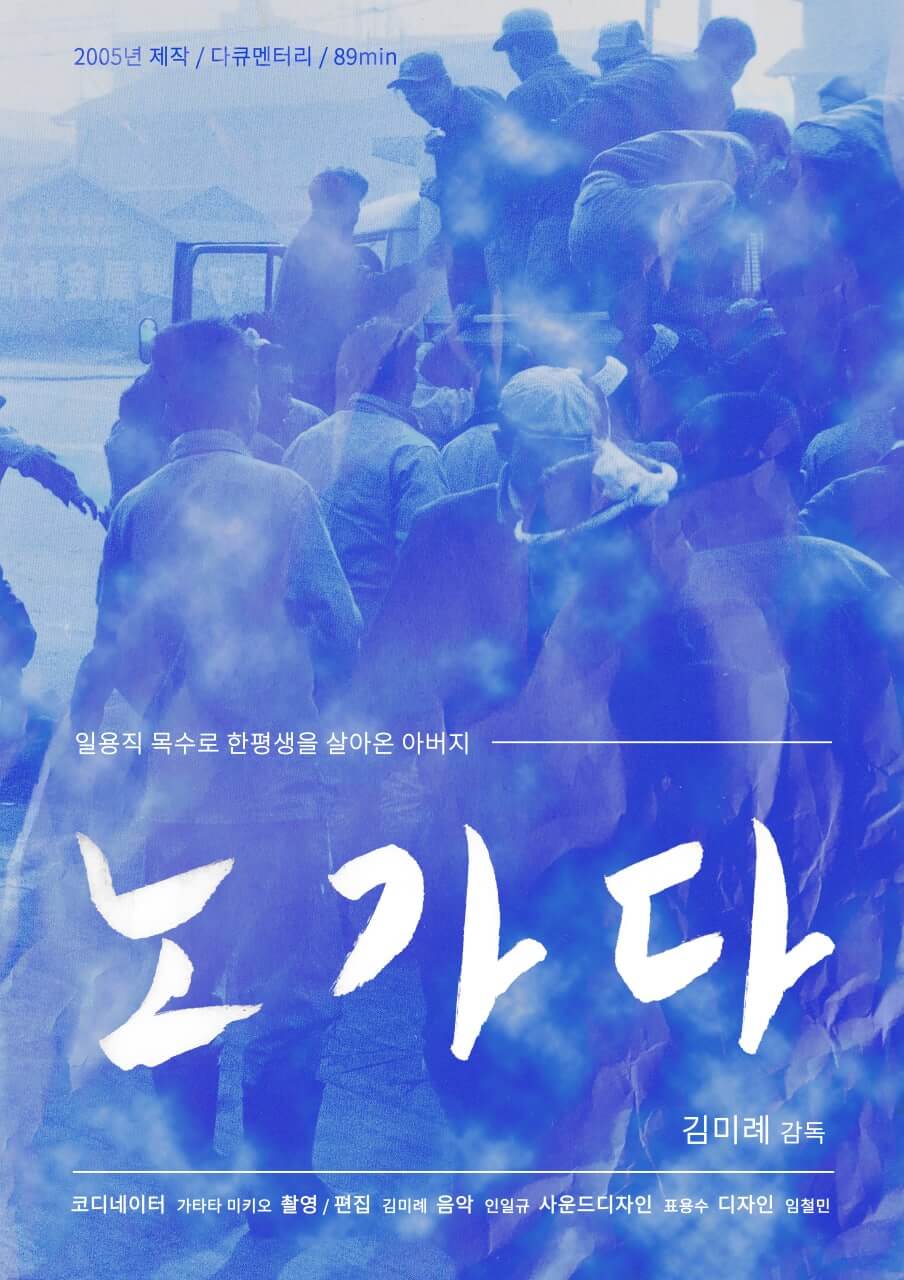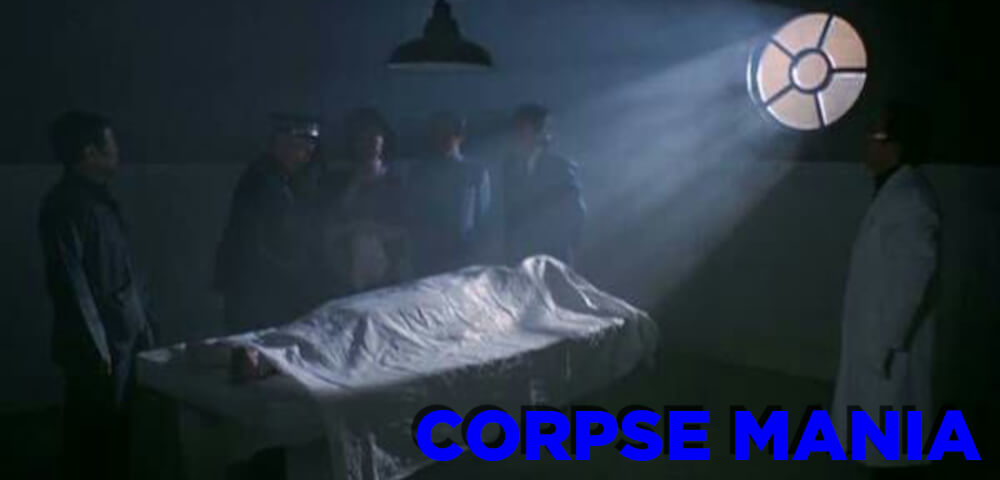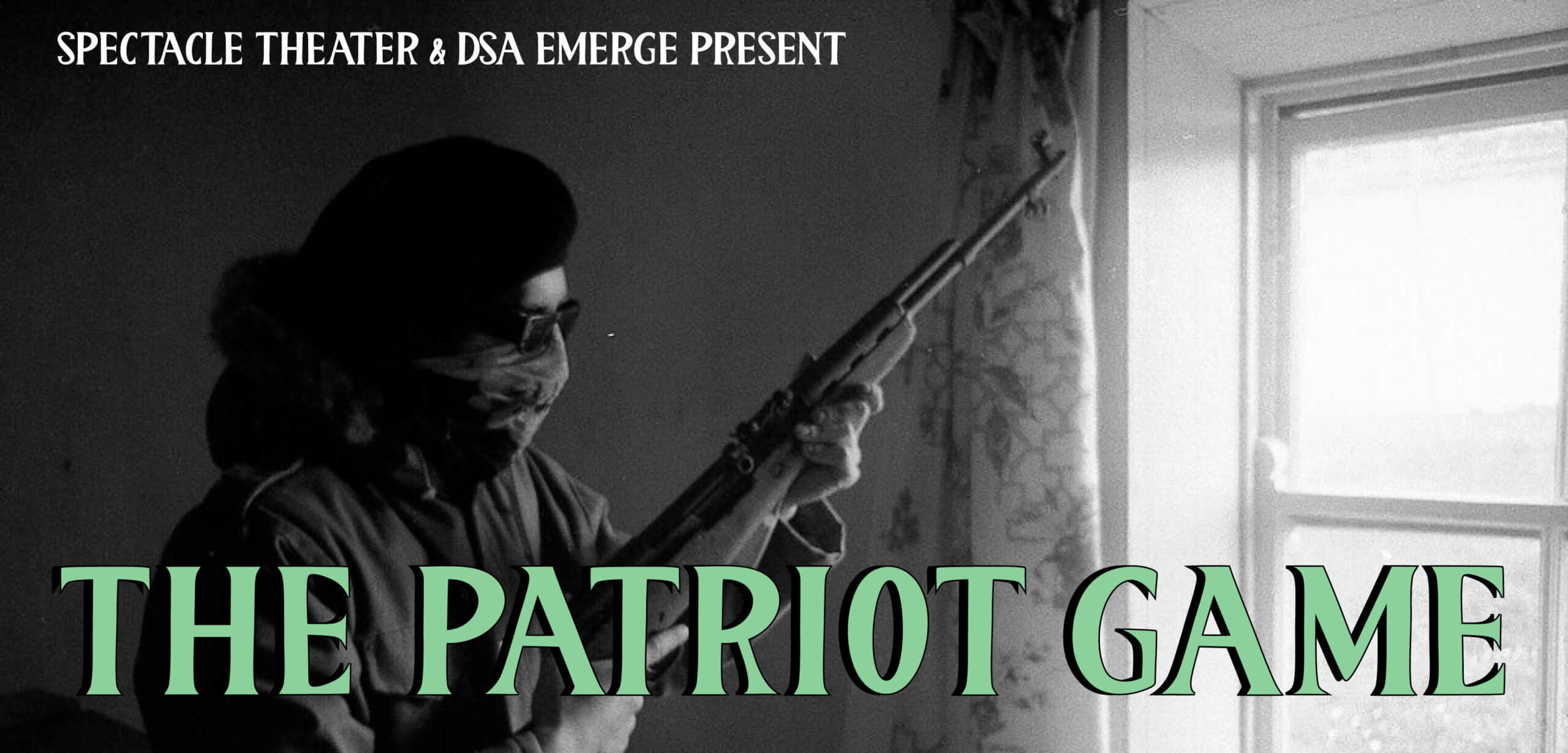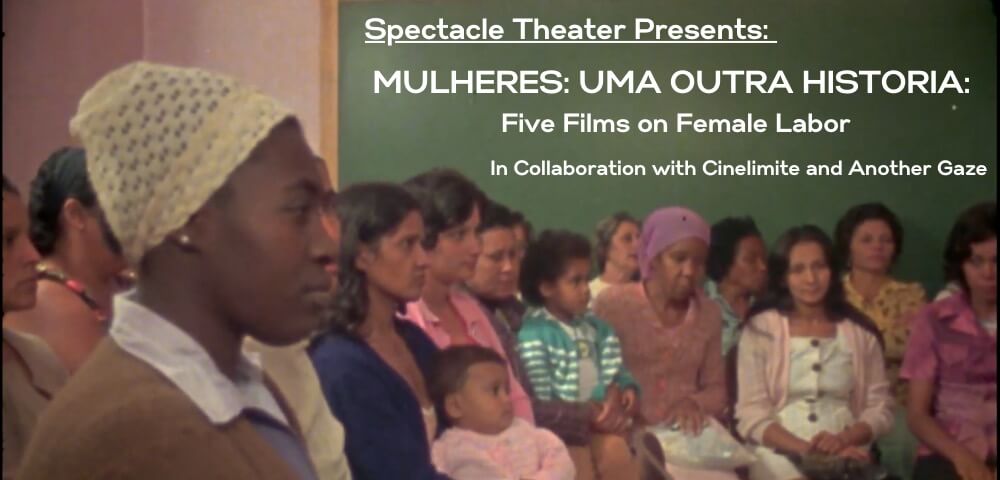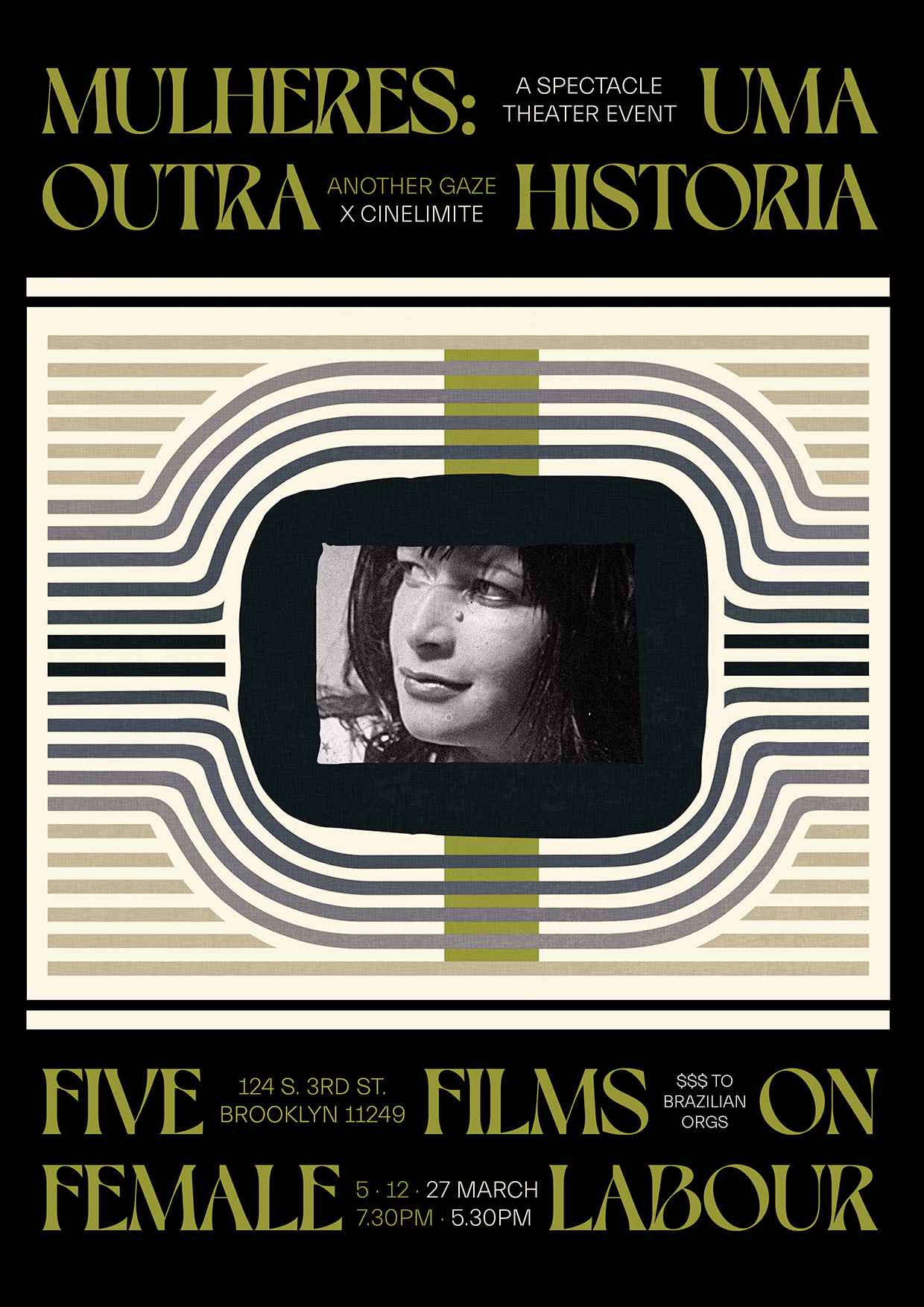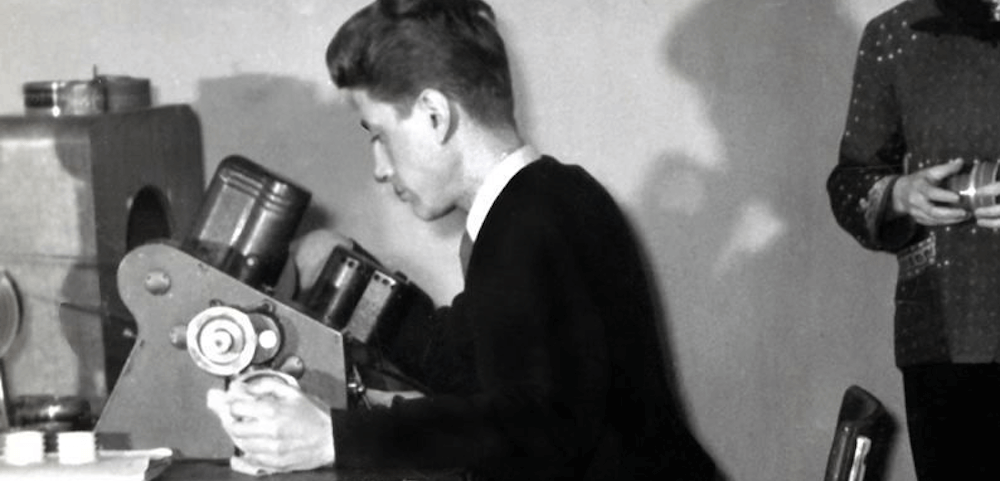
In partnership with our friends at Icarus Films, Spectacle is proud to present five newly restored early short film masterpieces from legendary filmmaker Alain Resnais (1922-2014). Resnais would go on to make his mark in feature films, including the Oscar-nominated HIROSHIMA MON AMOUR, but these early-career shorts demonstrate an already keenly developed eye. The films are a remarkable compendium of the stylistic elements found in his features, and represent an important contribution to the distinguished French documentary tradition. All five have been newly restored in 2K by the Centre national du cinéma et de l’image animée (CNC) and made available on home video in North America for the very first time.
FRIDAY, APRIL 1 – 7:30PM
SATURDAY, APRIL 9 – 10PM
WEDNESDAY, APRIL 13 – 7:30PM
SUNDAY, APRIL 17 – 5PM
FRIDAY, APRIL 22 – 12AM
GET TICKETS
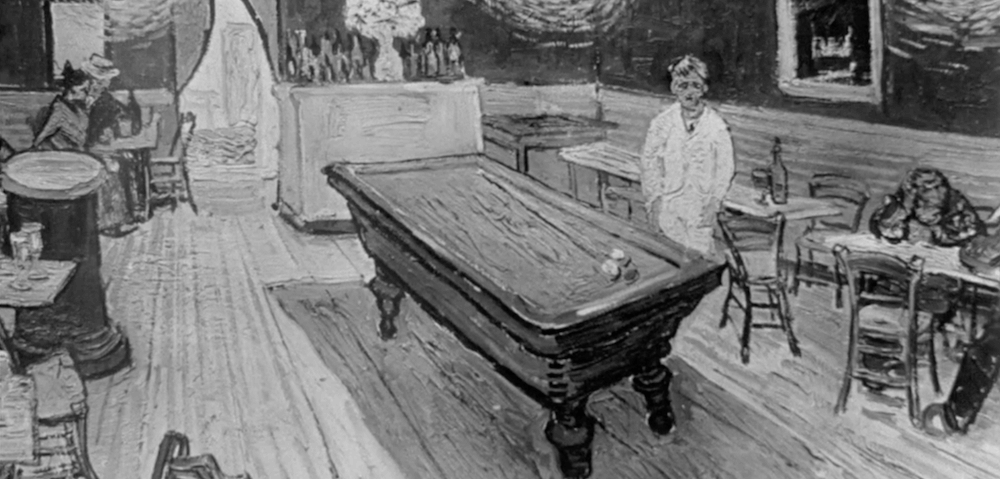
VAN GOGH
1948. 18 mins.
This 1948 boundary-pushing short brilliantly evokes the life of Vincent Van Gogh, using only his paintings as visuals. VAN GOGH traces the great painter’s life and work, from his early days as a realist in the Netherlands, to his stay in Paris, the peak of his career in Provence, and then the dark days of madness that descended on him. The black-and-white renderings of Van Gogh’s paintings, coupled with a dramatic musical score, are surprisingly evocative.
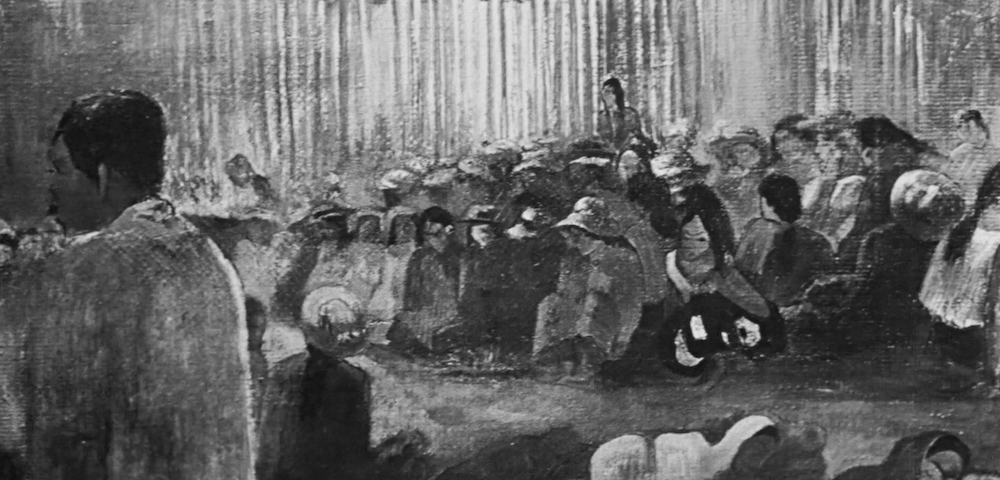
PAUL GAUGIN
1949. 13 mins.
PAUL GAUGUIN uses the artist’s own writings and artwork to trace his creative journey. The film begins with Gauguin losing his job in finance—the catalyst for his commitment to paint every day—and continues through to his final days in Tahiti.
After leaving Paris, Gauguin settles in Brittany, where he is inspired the landscape and the locals. In the sound of their clogs, he writes, “I hear the muffled, dull, powerful sound I seek in my painting.” After a time though, Gauguin, miserable and impoverished, sets off for Tahiti. Here, he would create the paintings that would bring him lasting fame, but near the end of his life he considered his Tahitian sojourn a “crazy sad adventure.”

GUERNICA
1949. 14 mins.
In 1937, Spanish nationalists called on Nazi and Italian Fascist forces to bomb the Basque town of Guernica. The horrors of the bombing led Pablo Picasso to create perhaps his greatest work, “Guernica”: a massive painting powerfully representing the horrors of war. GUERNICA features paintings, drawings and sculptures made by Picasso between 1902 and 1949. Accompanying the artworks is a dramatic piece by surrealist poet Paul Eluard, read by actor Maria Casares. In the first few minutes of the film, Picasso’s deeply human drawings evoke daily life. Then comes the bombing, with lives shattered and destroyed. Here, the focus is on “Guernica” itself, as the film spotlights details of the painting over a frenzied and disturbing score.
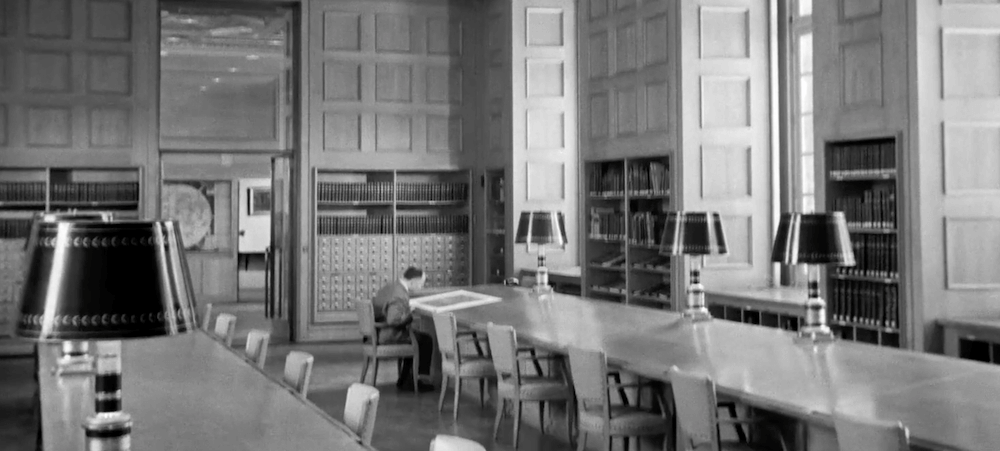
ALL THE WORLD’S MEMORY
(TOUTE LA MEMOIRE DU MONDE)
1956. 21 mins.
Much like Susan Orlean’s The Library Book, ALL THE WORLD’S MEMORY takes us on an impressive and impressionistic tour, from the reading rooms, to the stunning architecture, to the stacks and the physical plant. We also accompany a new arrival to the library – a recently published book – on its journey from reception to cataloguing to the moment it takes its place on a shelf, joining millions of other items that have made their home here for centuries. At the intersection of artistic and informative, ALL THE WORLD’S MEMORY is a unique look at the effort to catalogue as much knowledge as possible in one of the world’s great libraries. Resnais would go on to make his mark in feature films, but this early-career short demonstrate an already keenly developed eye.

THE SONG OF STYRENE
(LE CHANT DU STYRENE)
1957. 13 mins.
THE SONG OF STYRENE is the perfect example of how to turn a commissioned industrial film into a lyrical, satirical film masterpiece. When the young Alain Resnais was asked by the Péchiney plastics giant to make a short documentary on polystyrene, “that noble, entirely man-made matter,” Resnais sensed a rapport between Alexandrine verse and CinemaScope. With text by Raymond Queneau and music by Pierre Barbaud, THE SONG OF STYRENE is a beautiful, surrealist film.
“If short films didn’t exist, Alain Resnais would have surely invented them. Never, I believe, since Eisenstein’s shorts, has a film been as scientifically thought out as LE CHANT DU STYRENE. LE CHANT DU STYRENE represents fourteen months of work for a fourteen-minute film about plastics. It’s also a script by Raymond Queneau who brings a Tashlinesque feel to each image by introducing Renoir’s famous and cherished ‘décalage.’ And here is the result, in cinemascopic color: Shots so tightly sequenced despite the absence of any living figure; shots, one hundred of them, with minimal editing for dramatic effect, are so harmoniously cut together that they convey the magical feeling of being one long take, a single and commanding shot whose remarkable wording can evoke Johann Sebastian Bach’s greatest cantatas.” — Jean-Luc Godard, “À la recherche du cinéma, Cahiers du Cinéma n.92, February 1959

